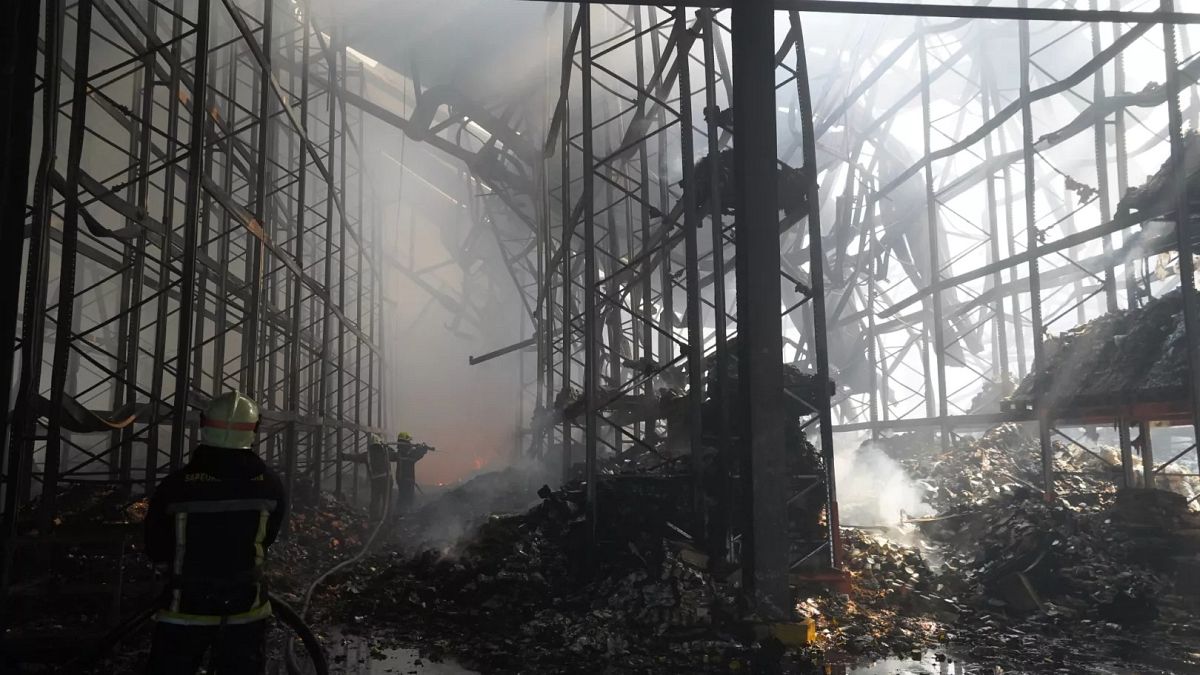

In a series of recent events, the world has witnessed a complex tapestry of humanitarian challenges that underline the need for peace and support. These events span various regions, highlighting the interconnectedness and shared responsibilities of the global community in addressing such profound issues.
In Ukraine, a somber development unfolded as a Russian strike targeted an army training center in Chernihiv, resulting in the loss of three Ukrainian soldiers. This incident marks the fourth attack on Ukrainian military facilities within five months, contributing to a toll of 46 soldiers lost and over 160 wounded. These recurring strikes emphasize the fragile security situation in the region and the ongoing need for international efforts toward conflict resolution and stability.
Meanwhile, in Gaza, the human impact of conflict is poignantly illustrated through the story of thirteen-year-old Ahmad Zayed who mourns the loss of his father, among the many casualties of Israeli military actions. His grief epitomizes the profound and personal impact of ongoing hostilities in the region, where countless families face similar heartbreak.
The situation in Gaza is further complicated by a deepening famine, disproportionately affecting children and the elderly. Humanitarian experts report alarming evidence of increasing starvation amidst ongoing Israeli restrictions on aid. Despite efforts, such as the introduction of daily humanitarian pauses and aid deliveries, these measures have fallen short of effectively alleviating the suffering. The grim reality facing Gaza underscores the critical importance of unrestricted access to humanitarian aid as a lifeline for vulnerable populations.
On the diplomatic front, Belgium has taken a noteworthy step by referring complaints of alleged war crimes by Israeli soldiers to the International Criminal Court. This legal action reflects ongoing international scrutiny and the pursuit of accountability in conflict zones. It also highlights the role of global institutions in addressing alleged violations of international law and the commitment to uphold human rights.
During this challenging time, the international community is grappling with complex decisions, as demonstrated by recent actions in the United States Senate. The Senate voted against resolutions designed to block arms sales to Israel, underscoring the geopolitical nuances and considerations involved in such decisions. These developments point to the broader discussion about balancing national interests with humanitarian imperatives.
While these events present significant challenges, they also offer opportunities for reflection and action towards a more peaceful and just world. It is imperative for nations to collaborate and engage in meaningful dialogue, fostering an environment where peace and humanitarian values prevail over conflict and suffering.
As the global community continues to navigate these pressing issues, the interconnected efforts of governments, aid organizations, and individuals will be key in shaping a future that prioritizes human dignity and resilience. The stories emerging from Ukraine, Gaza, and beyond call upon all of us to remain vigilant, compassionate, and committed to transformative change in the face of adversity.
Source: {link}
